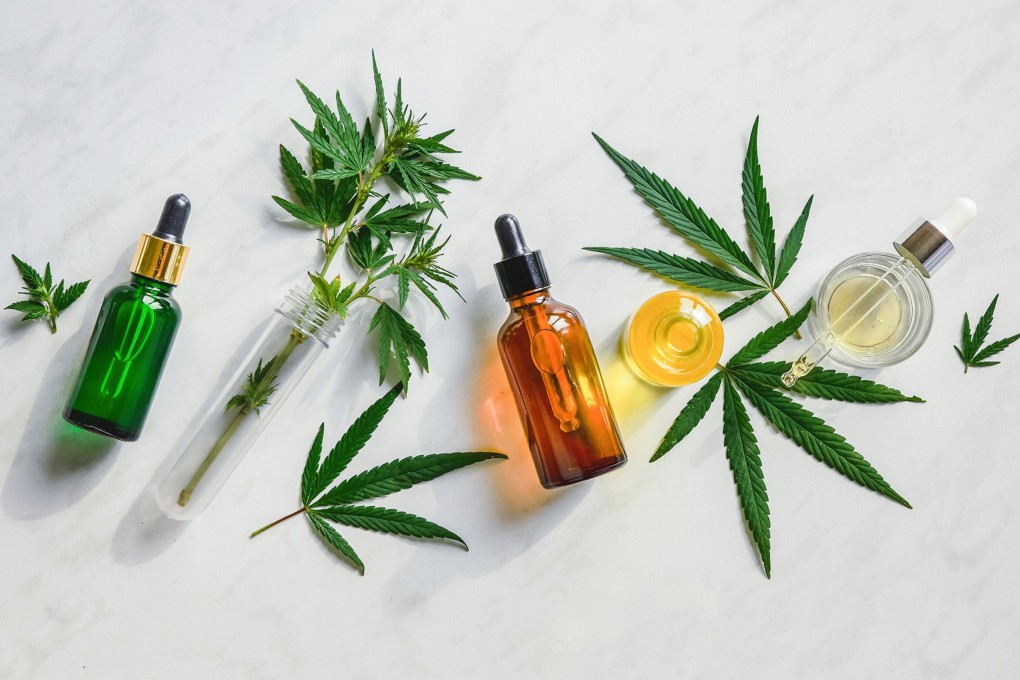Why CBD is so popular in stressed out Hong Kong – whether in drinks, food, oils or cosmetics: it offers relief from anxiety without a doctor’s prescription
- Cannabis compound CBD, sold in coffee, beer, cookies, cosmetics and oils, is being embraced by growing numbers of Hongkongers. Some are giving it to their pets
- A bodybuilder prefers CBD’s soothing effects over melatonin, which leaves him feeling ‘groggy’; a filmmaker with depression uses it to help with insomnia

When Joyce Chen* returned to her native Hong Kong in April 2019, she was looking forward to a happy reunion. After six years in Los Angeles, she felt it was time to reconnect with her family before deciding where her filmmaker career would take her.
She could not have imagined the effort to readapt to the city, which was wracked by heavy protests. “I was affected by what was happening in Hong Kong, but I was also emotionally exhausted by my new work,” she said. “I started having anxiety and sleeping issues.”
For months, Chen tried to lower her anxiety by alternating between different workout routines including distance running, kick-boxing – and sometimes meditation – only to make herself even more exhausted. She was seeing a therapist, but decided to complement her psychotherapy sessions with CBD.
CBD is one of over 100 chemical compounds, known as cannabinoids, found in the cannabis or marijuana plant. Tetrahydrocannabinol (THC), the main psychoactive cannabinoid found in cannabis, gives users the “high”.
In Hong Kong, cannabis and products that contain THC are illegal, although in many parts of the world, including almost all of North America, it has gained legal status. CBD is legal in Hong Kong as long as it is not marketed as having therapeutic effects.